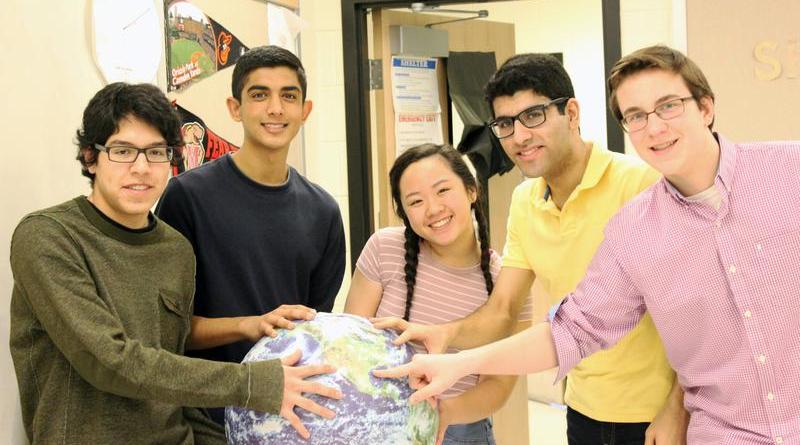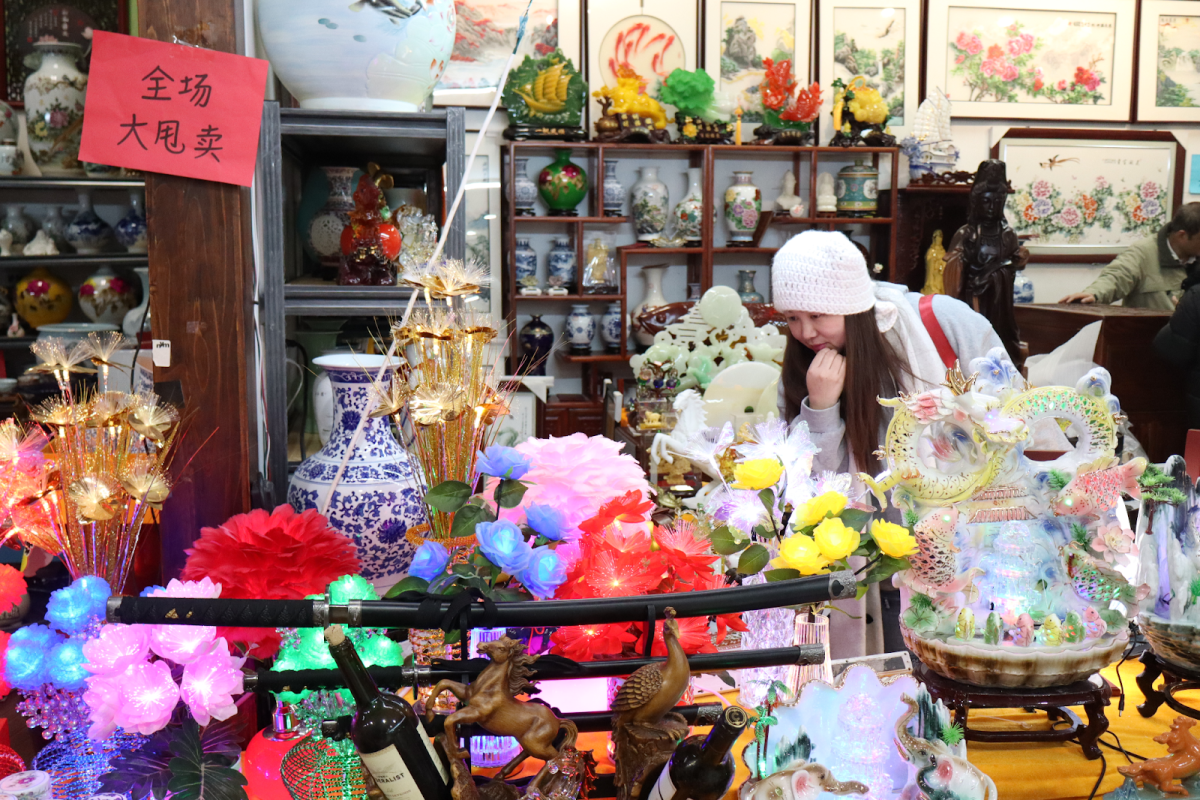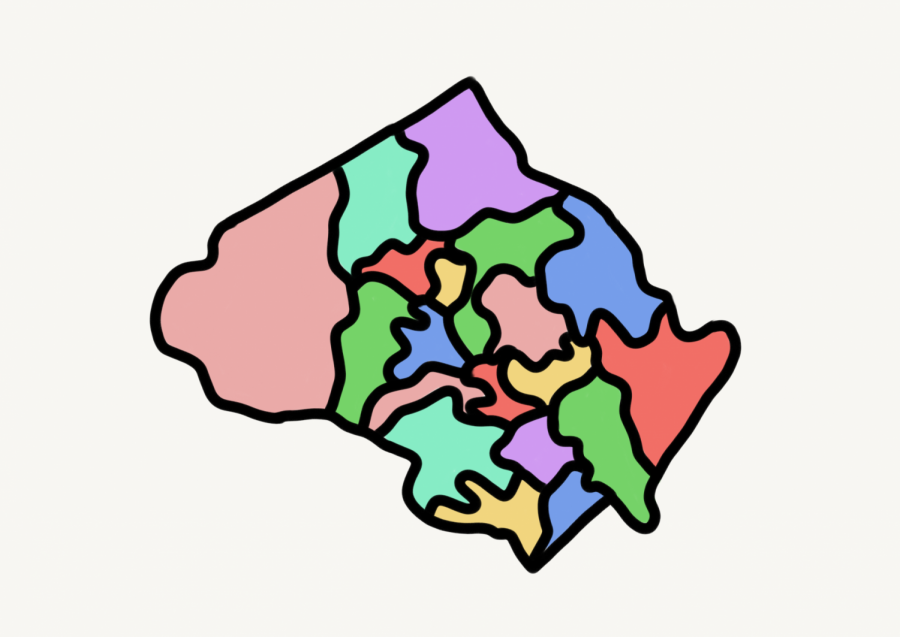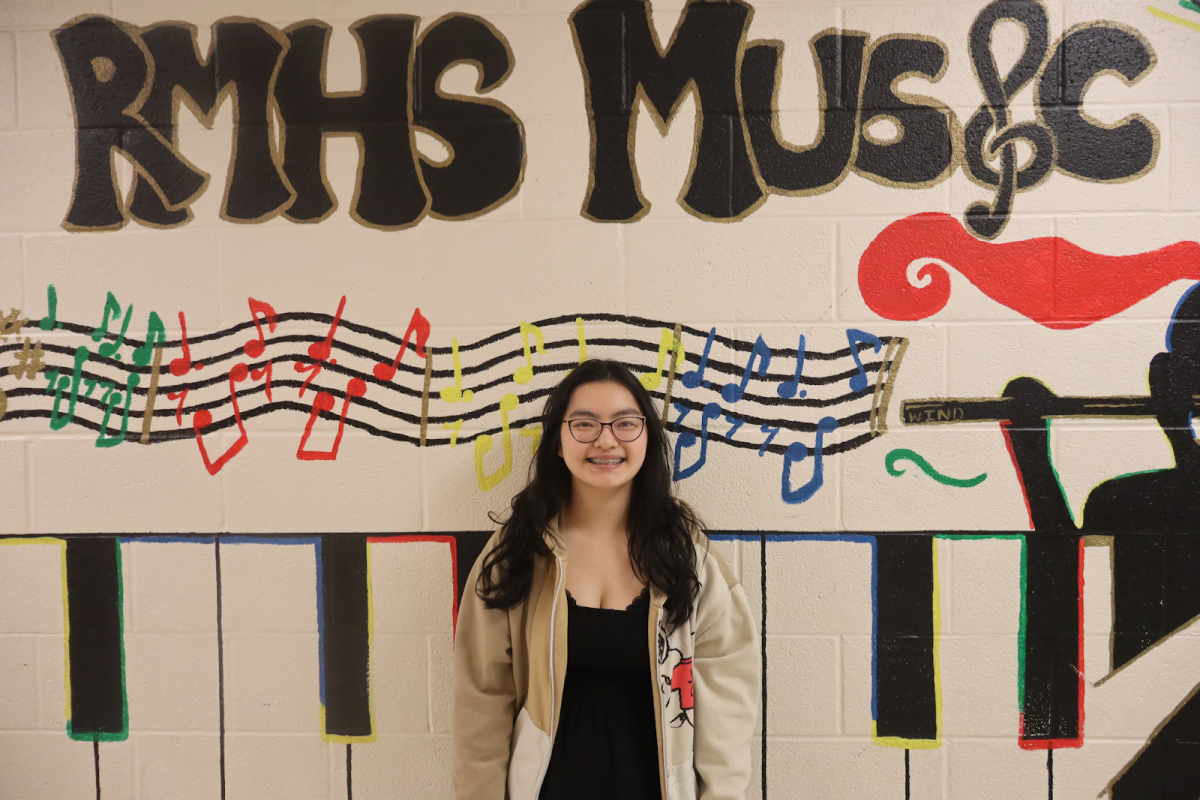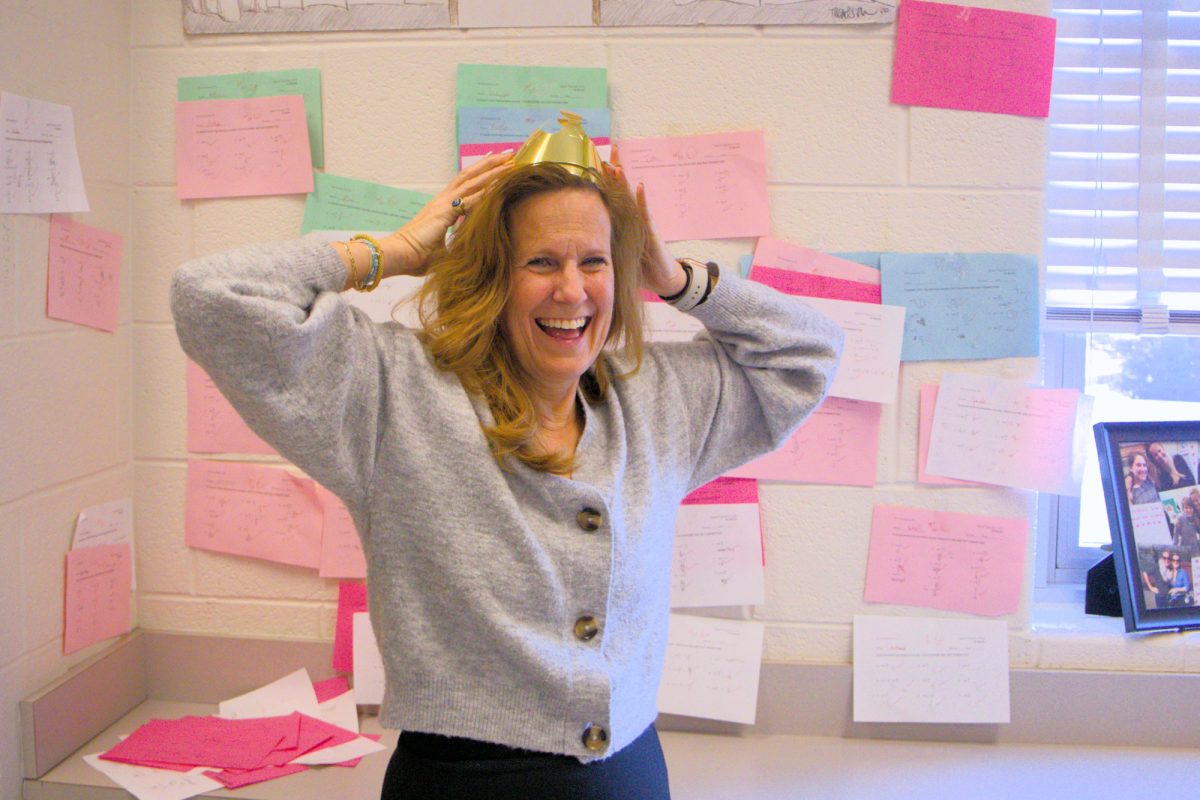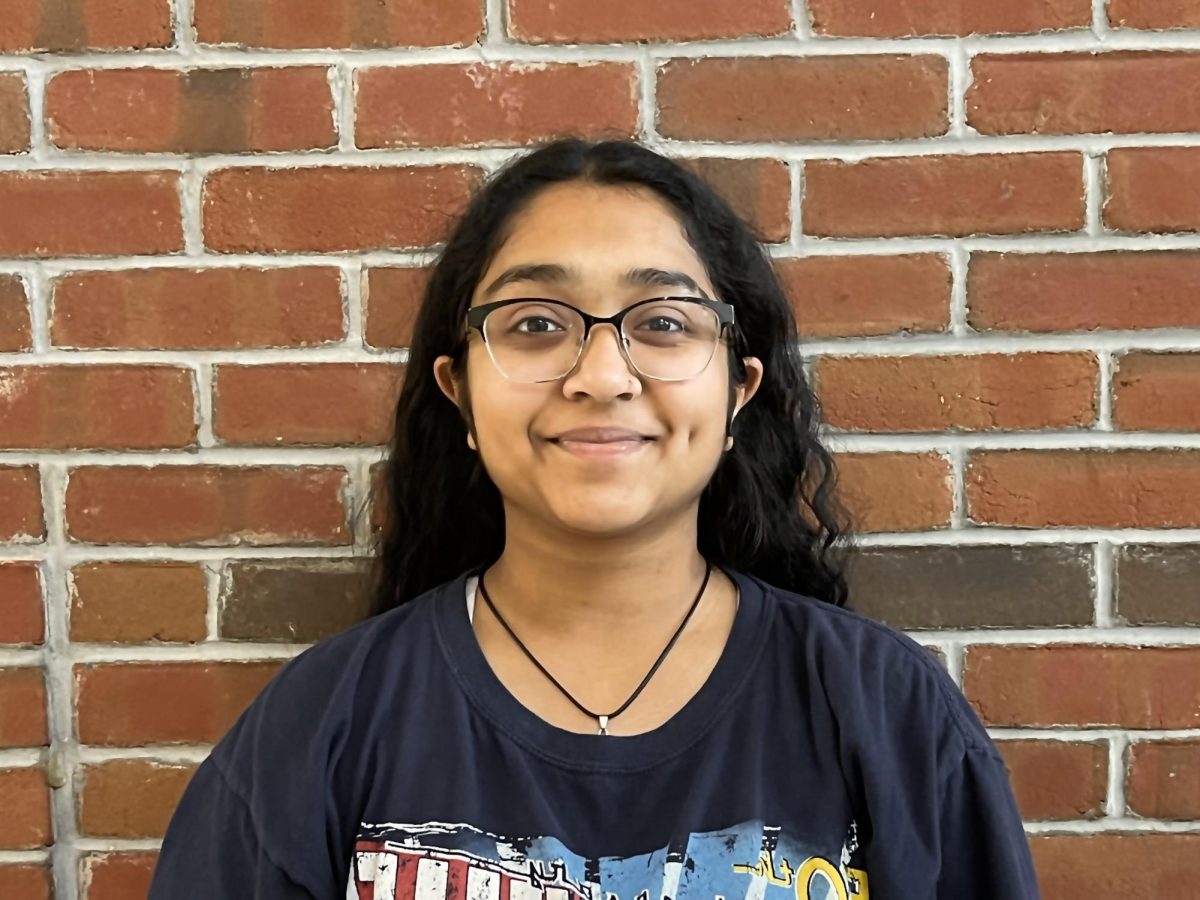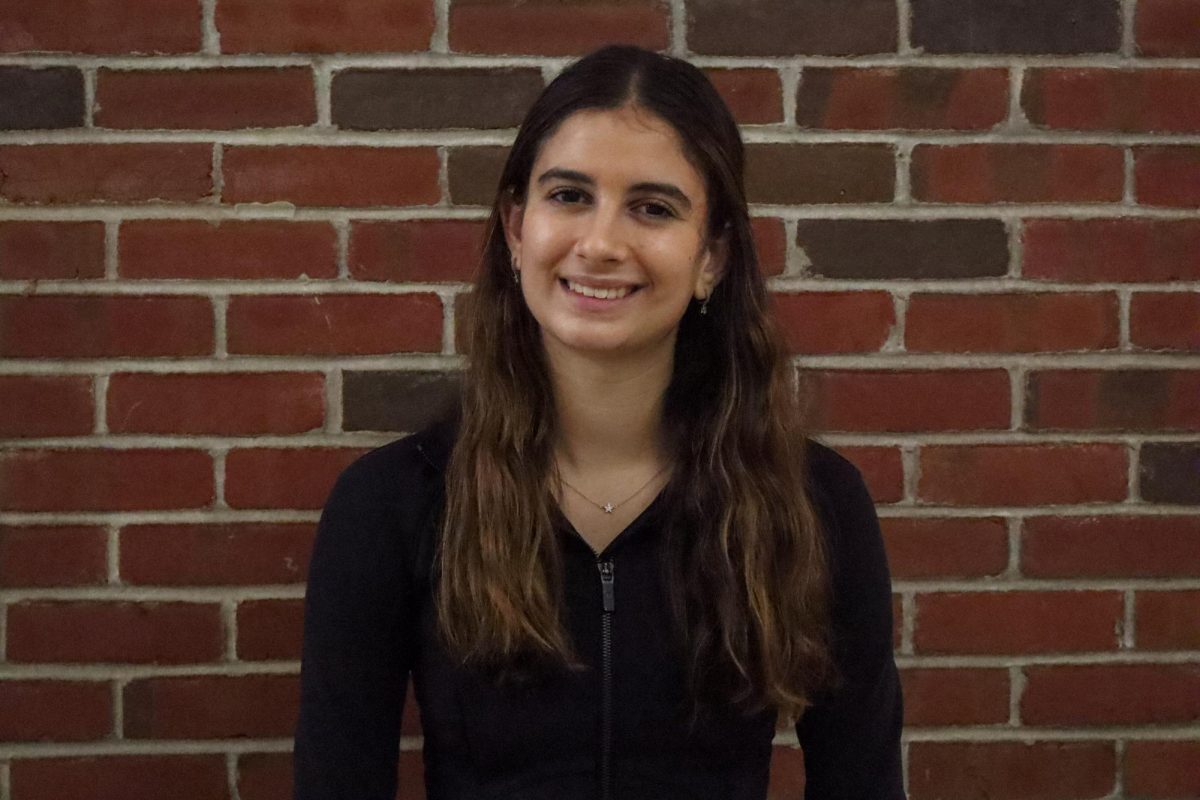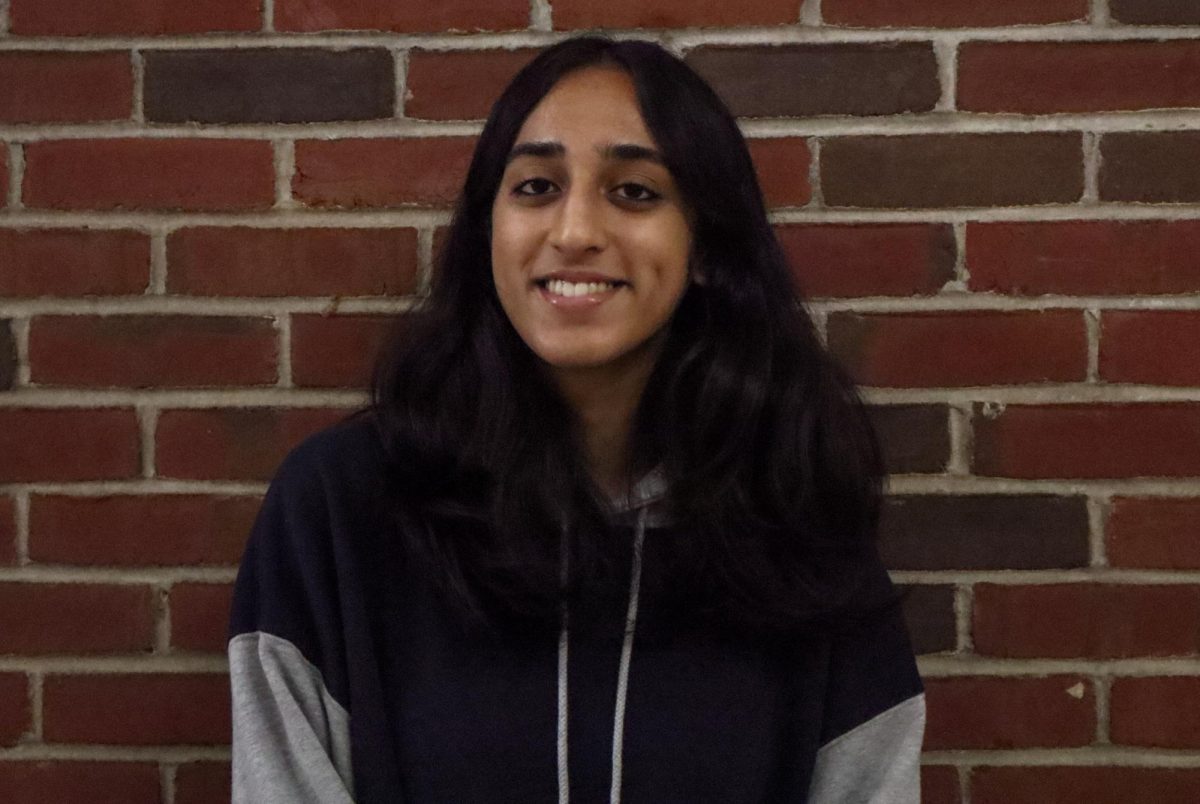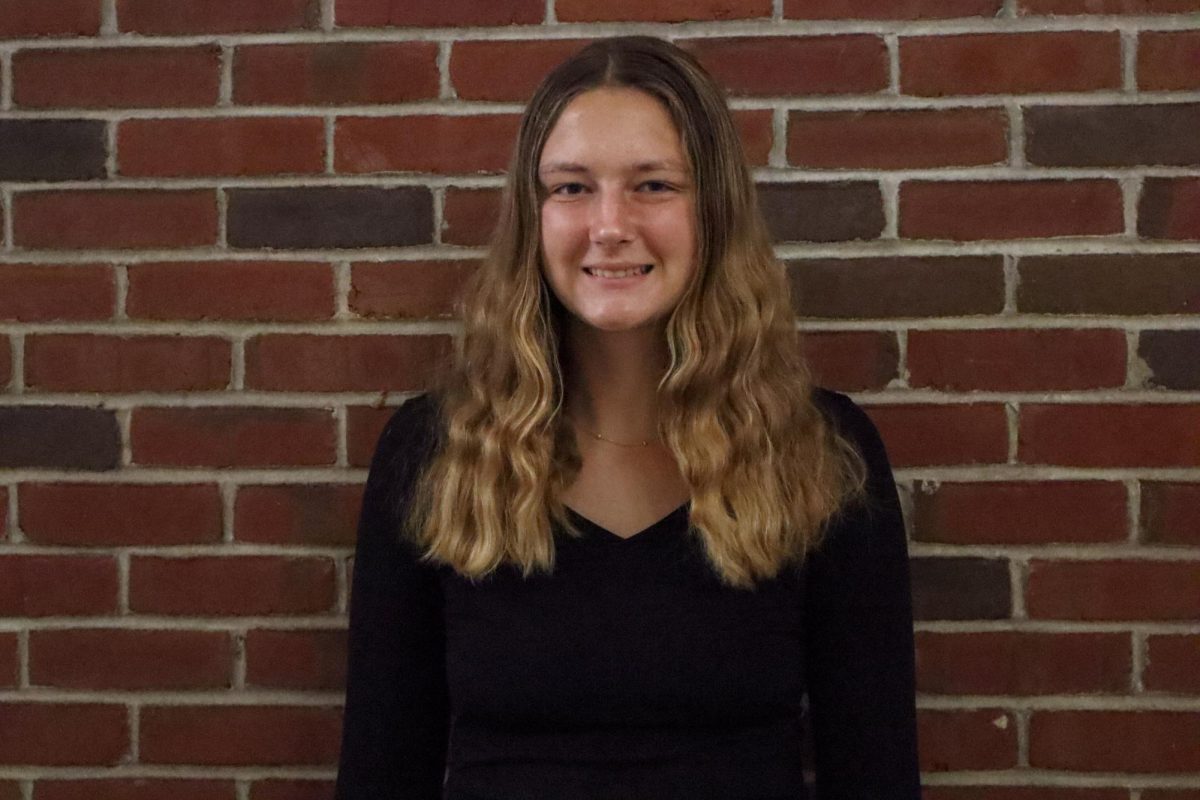The International Baccalaureate Programme emphasizes on the importance of establishing global contexts and connection when learning about history, language, culture, and literature from all around the world.
While it is true that recognizing and analyzing the political philosophies of enlightenment thinkers like Kant and Rousseau is relevant in this day and age, RM students feel like the IB has a western-minded approach to history.
The Diploma Programme offers one track with many different foci for IB History. Here at RM, there tends to be a focus on 20th century world history with emphasis on the causes, practices, and effects of war, and the Cold War.
Many students want to change the westernized focus of the course, but also recognize that it is a necessity in some ways. The program is designed in a way that can be followed by students and teachers all over the globe.
Junior David Edimo does not believe that the curriculum is exclusively western minded, but lamented that the history classes definitely lack discussion of other prominent regions around the world.
“In my anthropology class we have extensively studied certain African societies, so I don’t think [the IB curriculum] is exclusively western minded. But the history classes that I’ve taken at RM have definitely lacked discussion of Asian and African history,” said Edimo.
“There is a very rich non-European history that is just as relevant,” he explained, “especially in an increasingly globalized world in which I am just as likely to interact with a Chinese person or company as I am a European one.”
Senior Kai Dempsey also agreed that she has only been allowed to explore a limited number of subject areas during her time in the Diploma Programme.
“In our experience from 2012-2016, we haven’t had the opportunity to explore Africa, the Middle East, and Asia in detail. Their cultures are extremely rich and I definitely would have liked to devote at least one quarter to one of those topics,” said Dempsey.
To obtain an IB diploma, one of the many requisites is testing in a course from the “Individuals and Societies” group (more commonly known as Group 4), under which classes like history fall.
The IB offers many other courses in this group, such as Social and Cultural Anthropology, Economics, and even Turkey in the 20th Century, but the classes offered differ from school to school and region to region around the world.
Even the foci within certain classes like history tend to vary due to the variety of topics offered by the IB.
Though some students dislike the westernized way that IB History is taught at RM, they also understand that the classes that are offered and the way they are taught are greatly influenced by students.
IB junior Tatiana Davidson is interested in studying Latin American history and culture, but the semester long course was taken away a few years ago.
“Latin American History is only in the process of being considered to be brought back as an elective. The fact that it it’s not an option speaks for itself and is a major disappointment,” said Davidson.
Many students along with Davidson express frustration over the lack of diversity in history classes; however, others, such as Dempsey, believe that teachers and administration should not shoulder all the blame for the classes offered.
“We only have so many teachers, and kids would choose the western-focused courses because those are the ones that AP credit is handed out for [AP World History and European History], so of course the program is westernized,” she said.
Dempsey continued, “The classes that Mrs. Hoover incorporates are those that we choose, as seen with the newly implemented Global Politics course.”
Additionally, it is very difficult to focus on specific areas of history when there are so many students with varied interests.
IB History teacher Todd Stillman believes that the IB program at RM does the best it can to accommodate the different interests of its diverse group of students. The shortcomings of IB History can be attributed in part to the regional focus requirements set by the IB.
“The majority of IB schools in the US take the History of the Americas route which is US history with a smattering of Canada and Latin America. Some IB schools [like RM] do a Europe route because of the way their local school district sequencing and requirements work or because they’re interested in being less America-centric,” explained Mr. Stillman.
Despite the complaints from students about the western focus of history classes, Mr. Stillman praises the IB Diploma Programme and IB History for its ability to evolve and adapt to the changing world as an international program.
“The international and multicultural story has become more central to our understanding of the world and ourselves,” explained Mr. Stillman.
“Now that the new curriculum makes room for it, we intend to include more Asian history components ranging from the 19th to the 20th century parts of the course,” he added.
Senior year IB History beginning next year onward will spend time drawing a comparison between elements of German and Japanese expansionism in the 1930s.
However, even Dempsey is convinced that the IB places a strong emphasis on the West for a specific reason.
“The IB does try, but I admit that the push is towards the West because it is rich in ideologies–communism, fascism, nazism, nationalism, colonialism– that still fuel the world today, and as anyone can tell from the news, the Western interests continue to monopolize international politics,” explained Dempsey.
Although RM and the IB program are more focused on Western ideas and values, students continue to push for the study of cultures in all parts of the world.


